Staff Reporter
Government is introducing measures to curb littering in major urban centres amid growing concerns that local authorities are failing to keep the towns clean
Recently, Grazers News, the Information for Development (IDT) news platform, produced a video exposing widespread littering in Harare, which was once dubbed the Sunshine City.
In the short video that circulated widely online, Grazers News revealed how garbage was piling up in busy spots in the capital.
Residents accused the Harare City Council of misplacing its priorities and urged it to deploy more trucks to collect refuse on a regular basis.
They feared disease outbreaks and some shop owners complained that the garbage was piling on their doorsteps and disrupting business.
At a press conference on Tuesday, Environment, Climate, Tourism and Hospitality Industry deputy minister, Barbra Rwodzi announced a cocktail of measures that government said it was adopting to clean up the city.
The government will be working together with the Environmental Management Agency (EMA), urban councils as well as law enforcement agencies.
“Illegal dumpsites and general uncleanliness of the environment are a cause for concern and pose a serious threat to human health. As such, the government cannot sit and watch the citizenry and institutions disregarding the law through littering,” RwodzI said.
“Given the aforementioned health risks associated with unclean environments, my ministry, through the Environmental Management Agency and other law enforcement agencies have stepped up law enforcement activities in the interest of public health,” added the deputy minister.
Section 83 of the EMA Act prohibits people from discarding, dumping or leaving litter on any land or water surface, street, road or site except in a container provided for that purpose or at a place which has been specially designated for disposal.
Rwodzi urged residents to ensure that their residential, work and public environments are kept clean.
Her ministry indicated that it would rejuvenate the national clean-up campaign that was launched by President Emmerson Mnangagwa when he took over power from the late Robert Mugabe in 2017.
The campaign quickly lost energy, though, with Rwodzi blaming the Covi-19 outbreak that hit Zimbabwe in 2020, more than two years after Mnangagwa took became president.
The deputy minister warned businesses against operating without litter bins that are accessible to customers and promised her ministry was working to ensure that public transport vehicles would also have rubbish disposal containers.
‘’Similarly we will now step up efforts to ensure that all passenger public service vehicles have litter bins. Further, such vehicles are reminded to ensure that they have litter bins to avoid their passengers throwing litter through the windows. If such should happen those operating such a vehicle will be fined,’’ she said.
Added Rwodzi: ‘’There will be rigorous and regular inspections until we rid of cities, towns, growth points and indeed rural service centers of illegal dumpsites and other manifestations of poor waste management.’’
Below is the full statement

PRESS STATEMENT BY THE DEPUTY MINISTER OF ENVIRONMENT, CLIMATE, TOURISM AND HOSPITALITY INDUSTRY
HON. B. RWODZI (MP) ON THE NATIONAL CLEAN-UP CAMPAIGN
17 JANUARY 2022
KAGUVI BUILDING, 12TH FLOOR BOARDROOM
Following its launch on 5 December 2018 by The President of the Republic of Zimbabwe, His Excellency, Comrade E. D. Mnangagwa, the National Clean-Up campaign gathered significant momentum. Unfortunately, the exercise was severely affected by the Covid-19 pandemic induced restrictions. Government’s current thrust is therefore to rejuvenate it and continue to improve the state of cleanliness of our cities and country in general.
The National Clean-Up campaign’s focus is to transform our urban and rural environs into clean cities, towns, growth points, rural service centers, and indeed clean homes. The drive is inspired by the Constitutional mandate that affords every citizen the right to a clean, safe and healthy environment. Zimbabwe is our home, and our living space, we should thus treat it as such. Just as we keep our houses, offices, and other work places clean so should we keep our streets and general environs clean.
Lest we forget the devastation a dirty environment can cause, the 2008–2009 cholera epidemic afflicted some 98,585 people and upwards of 4000 causalities, making it the largest and deadliest cholera outbreak in the history of Zimbabwe. Typhoid outbreaks were also reported in 2017 and 2018, mainly in the high density suburbs of Harare.
Illegal dumpsites and general uncleanliness of the environment are a cause for concern and pose a serious threat to human health as such the Government cannot sit and watch the citizenry and institutions disregarding the law, through littering. Given the aforementioned health risks associated with unclean environments, my Ministry through the Environmental Management Agency and other law enforcement agencies have stepped up law enforcement activities in the interest of public health.
In this regard, Government, through EMA, the City Councils and other law enforcement agencies will immediately step up enforcement of provisions of the relevant Acts and By-Laws in order to ensure cleanliness in the country.
In executing this exercise, EMA, the Municipalities Law Enforcement agencies will be guided by the provisions of the EMA Act with particular reference to Section 70 on Prohibition against discharge of Wastes which among other provides that;
(1) No person shall discharge or dispose of any wastes, whether generated within or outside Zimbabwe, in such a manner as to cause pollution to the environment or ill health to any person.
(2) Every person whose activities generate waste shall employ measures essential to minimise wastes through treatment, reclamation and recycling.
(3) The Minister or an inspector may by order issued in terms of section one hundred and seventeen and one hundred and eighteen, as the case may be, require a person referred to in subsection (3) to take such measures as are specified in the order to minimize wastes through treatment, reclamation and recycling.
(5) Any person who—
(a) discharges or disposes of any wastes in contravention of any measure or standard prescribed in terms of section sixty-nine; or
(b) transports any waste otherwise than in accordance with a valid licence issued in terms of paragraph (a) of subsection (1), or otherwise than to a licensed wastes disposal site;
(c) shall be guilty of an offence and shall be liable to imprisonment for a period of not more than five years or to a fine of not more than five million dollars or to both such fine and such imprisonment.
Section 83 of the EMA Act on Prohibition against littering states that
(1) No person shall discard, dump or leave any litter on any land or water surface, street, road or site in or at any place except in a container provided for that purpose or at a place which has been specially designated, indicated, provided or set apart for such purpose.
(2) An owner of a transport conveyance shall ensure that no litter is thrown from his transport conveyance.
(3) Every person or authority in control of or responsible for the maintenance of any place shall at all times ensure that containers or places are provided which will normally be adequate and suitable for the discarding of litter.
(4) Any person who contravenes subsections (1) and (2) shall ( unless any by-laws within the area of jurisdiction of the Local Authority concerned provide for the offence in question ), be guilty of an offence and liable to a fine not exceeding level three.
As we sit here ladies and gentleman, EMA officers countrywide have now been directed to enforce the above provisions of the law. As such, all institutions including Local Authorities and businesses are reminded to comply with the law. Ladies and gentlemen it is not right for anyone to operate a business without litter bins, accessible by your customers. Be warned.
Similarly we will now step up efforts to ensure that all passenger public service vehicles have litter bins. Further, such vehicles are reminded to ensure that they have litter bins to avoid their passengers throwing litter through the windows. If such should happen those operating such a vehicle will be fined.
In the same vein, let me remind the Local Authorities that it is their responsibility to collect and responsibly dump waste at designated sites in accordance with their by-laws. Local Authorities are however encouraged to go beyond the collection and dumping. Dump sites must be transformed into properly constructed landfills, created in line with the prescribed EMA standards. Victoria Falls and Norton Town Council have taken the lead in this regard and EMA stands ready to assist in the design of the appropriate Landfills.
Local Authorities are also urged to promote and facilitate waste recycling by companies, youth, women and community groups by providing the necessary support. May it be noted in this regard that recycling is a viable economic activity with potential to create jobs, boost exports through export of scrap metals, and improve resource use efficiency. In 2019, the global waste recycling services market was valued at US$53.71 billion. The market is expected to grow considerably in the coming years as consumer awareness about the environmental impacts of waste increases. Zimbabwe has the potential to grow its waste recycling services market, and we invite potential investors to come through as Government will facilitate such investments expeditiously.
The separation at source concept should be implemented if recycling of materials is to be fully realised and Local Authorities are better placed to implement this. It has the added advantage of reducing waste that is carried to dumpsites or landfills. This is the path of sustainable development, as we work to fulfil Sustainable Development Goal 12 on sustainable production and consumption, target 12.5, which states that “By 2030, substantially reduce waste generation through prevention, reduction, recycling and reuse”.
In conclusion, ladies and gentleman, let me reemphasize that Local Authorities and businesses must all play ball in order to ensure a clean Zimbabwe. Going forth a lot of focus will be on compliance by Local Authorities, companies and other Institutions and we will not hesitate to name and shame irresponsible corporate citizens in our pursuit of a clean environment. There will be rigorous and regular inspections until we rid of cities, towns, growth points and indeed rural service centres of illegal dumpsites and other manifestations of poor waste management.
Let me thank you all for gracing this occasion and let us put our hands together and transform our country into a clean Zimbabwe.
I thank you.


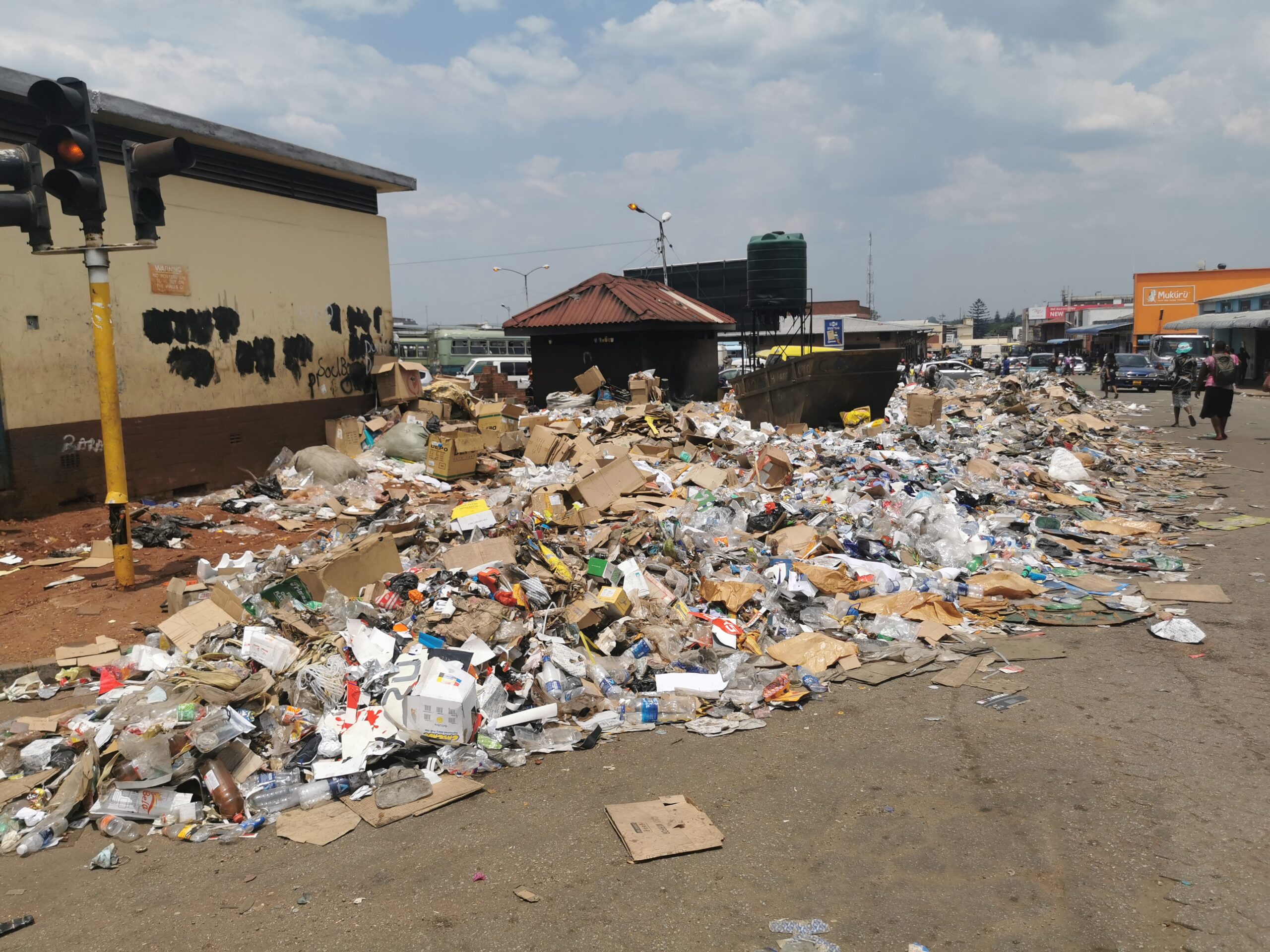






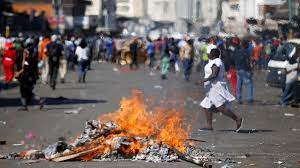



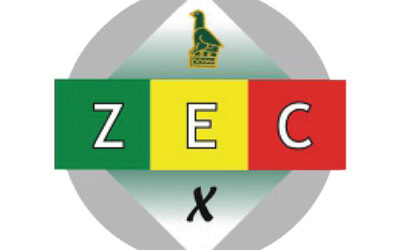








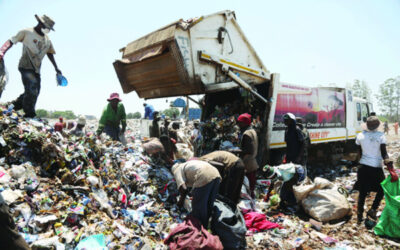










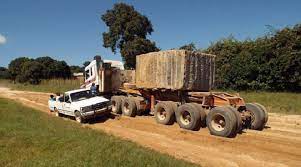
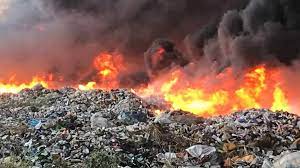




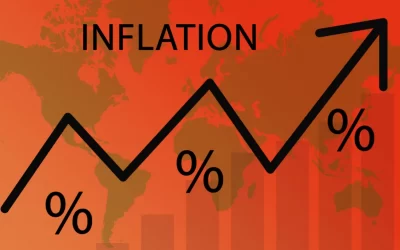


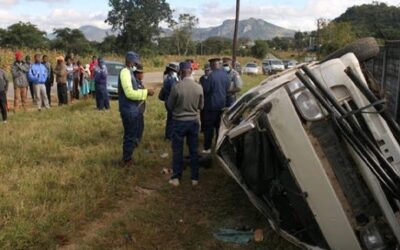















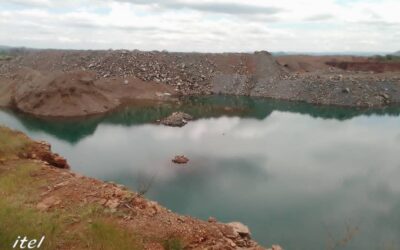














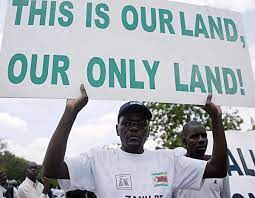








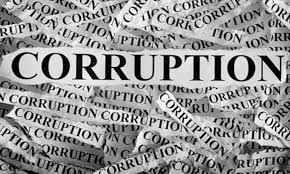

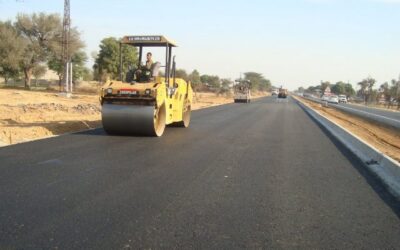
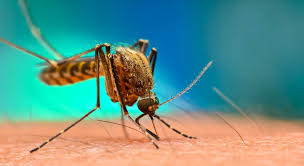



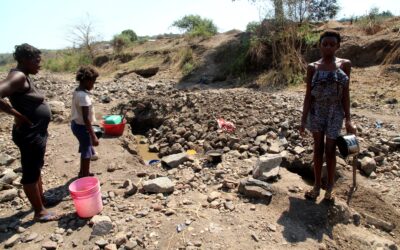










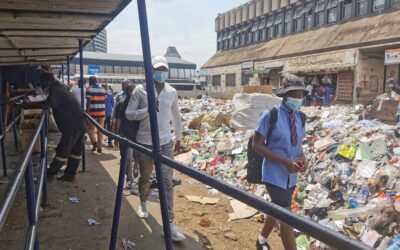
0 Comments